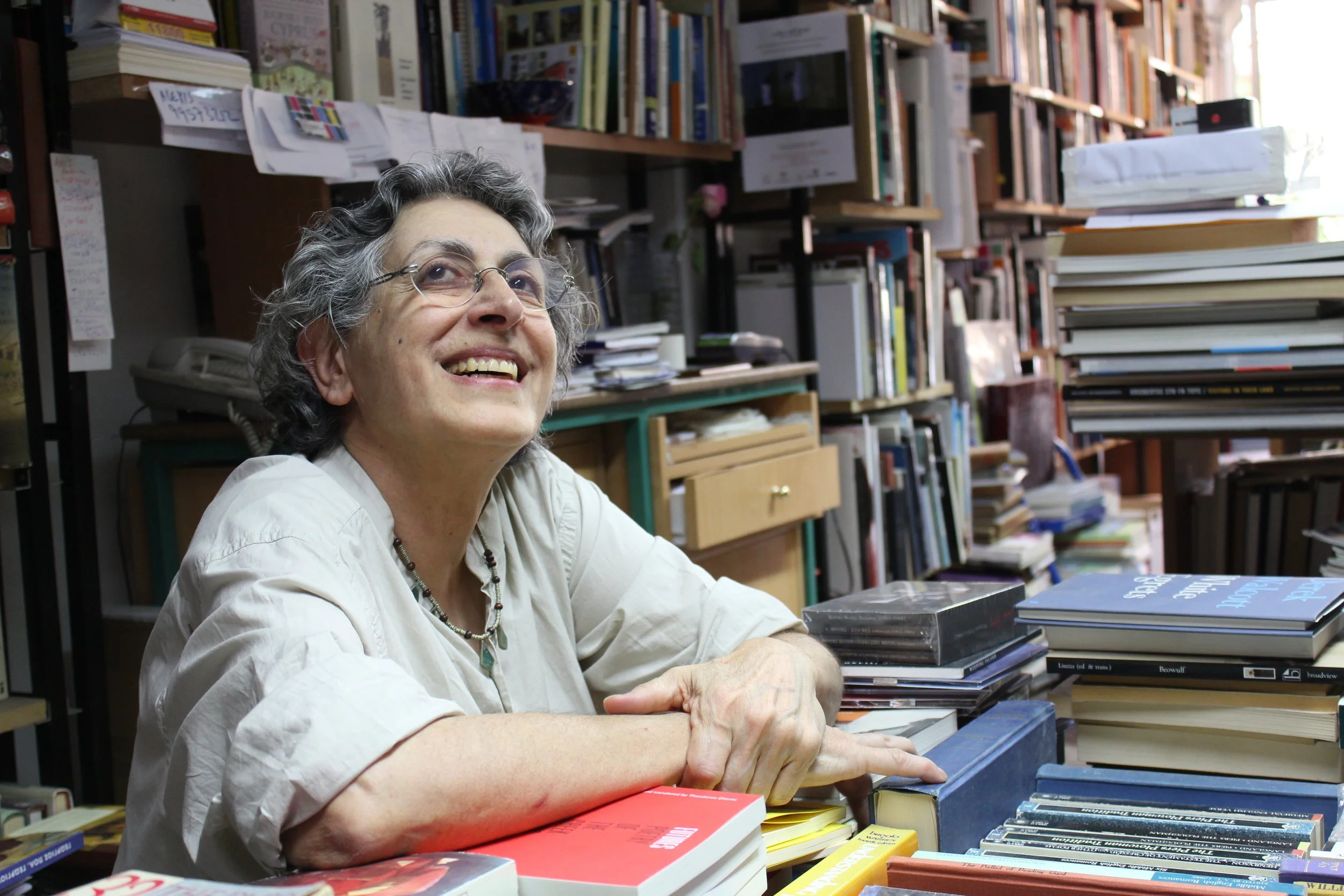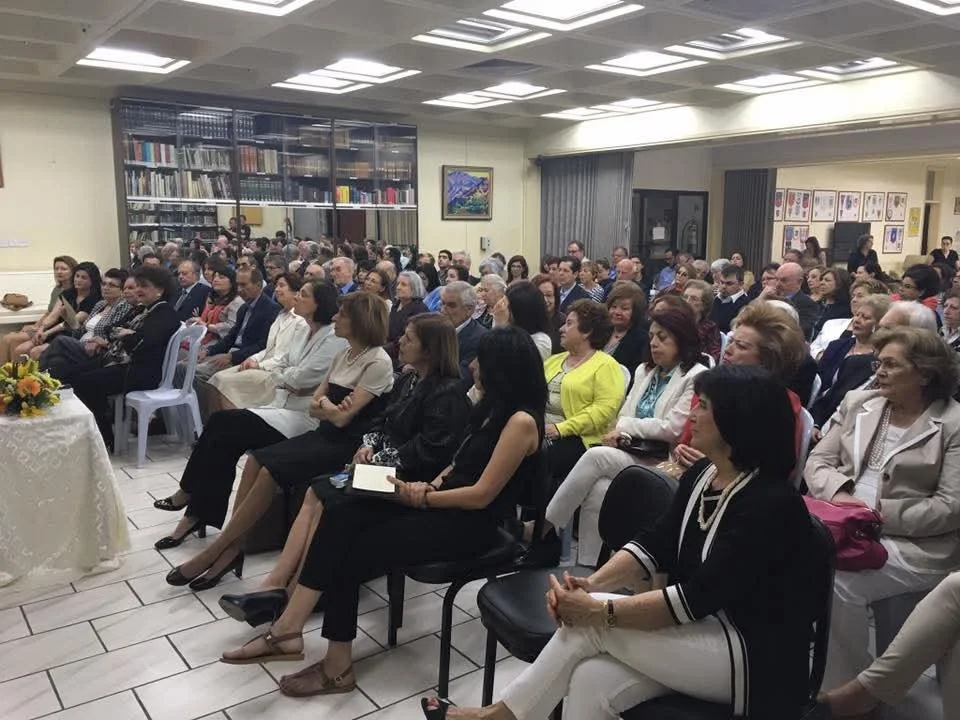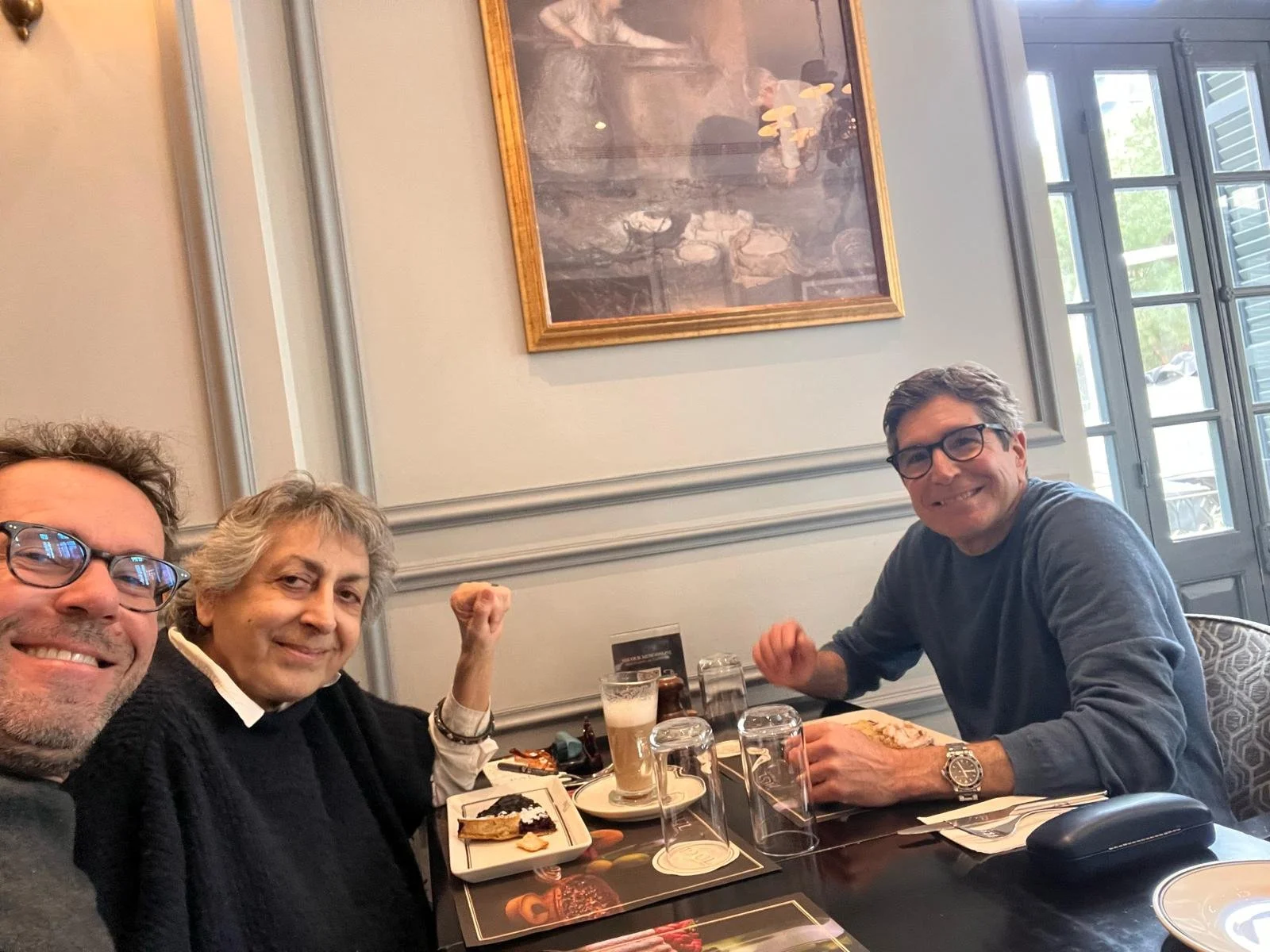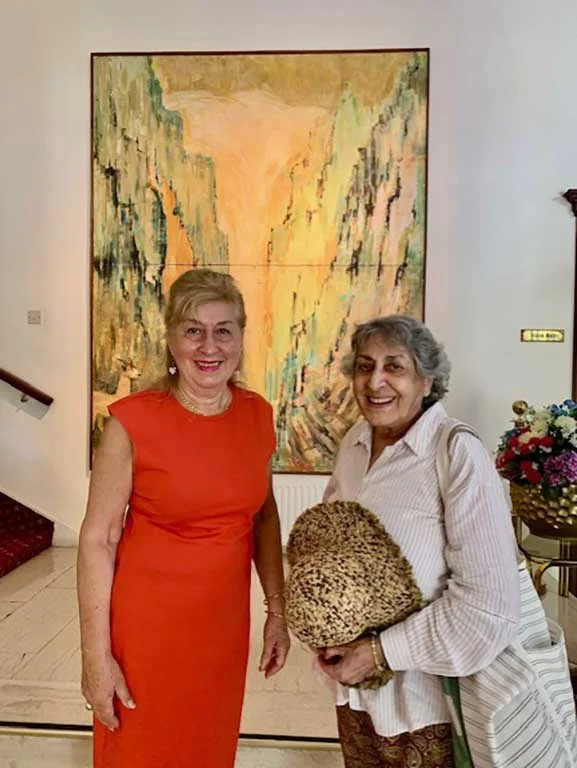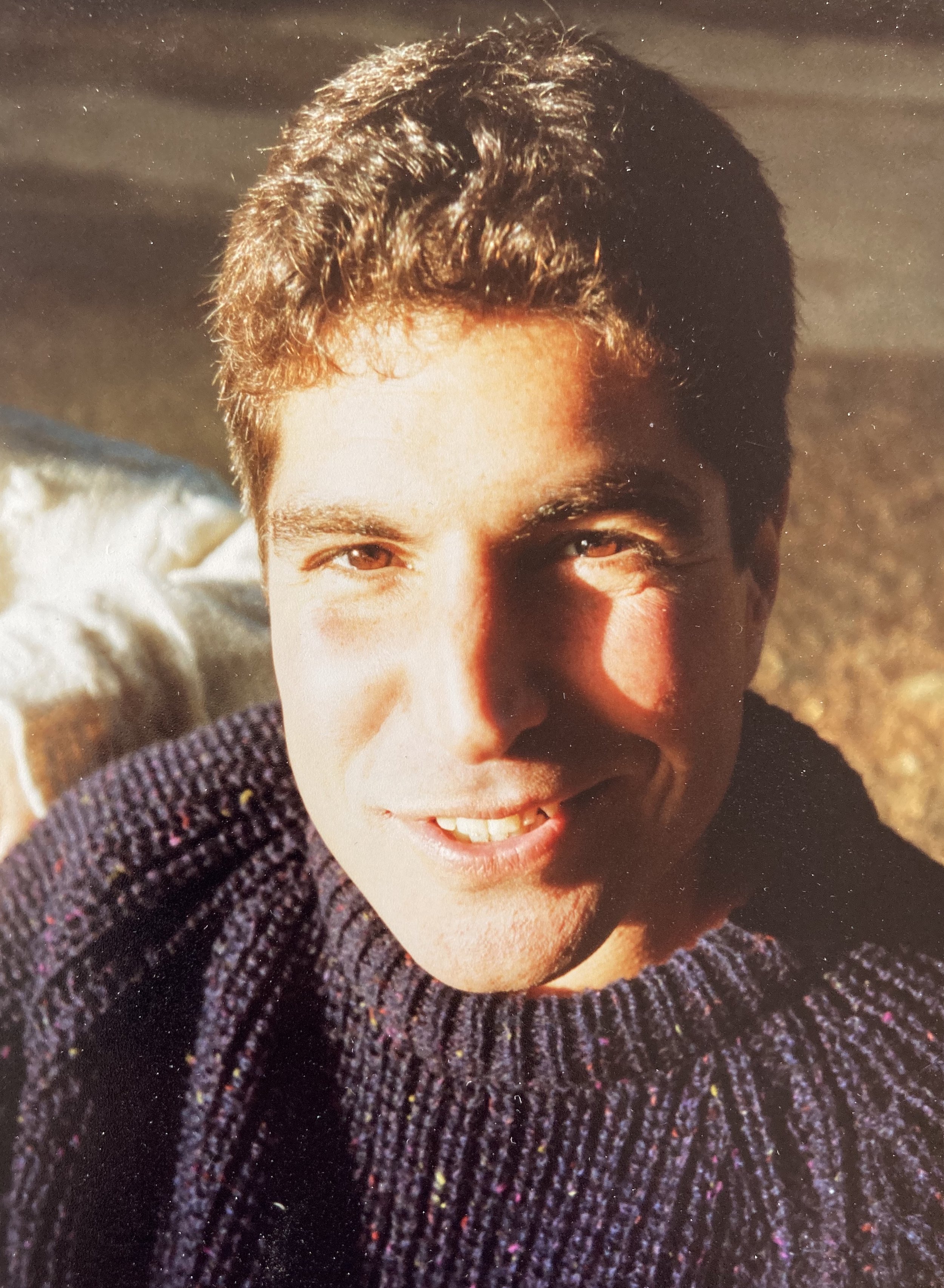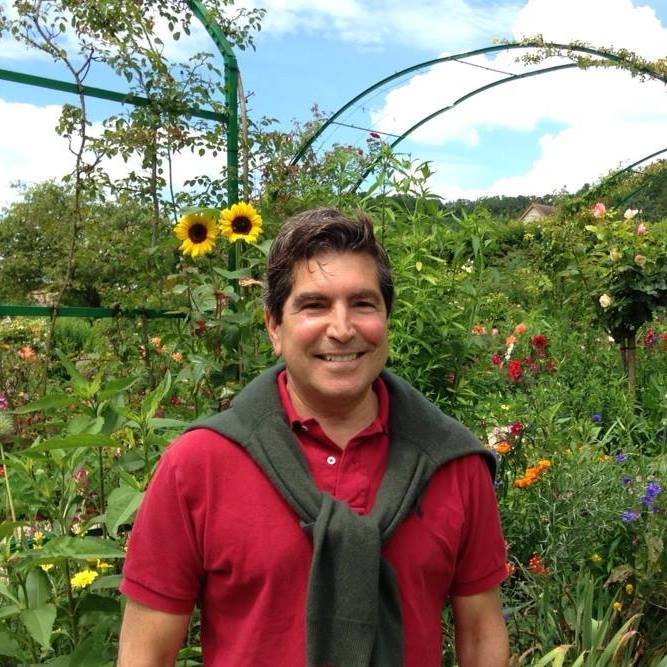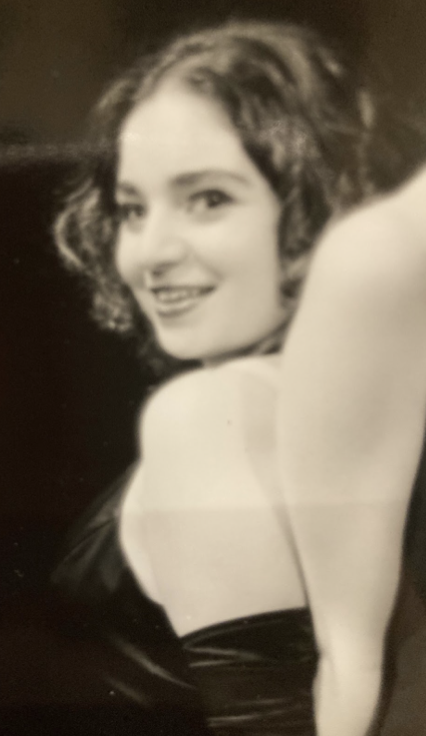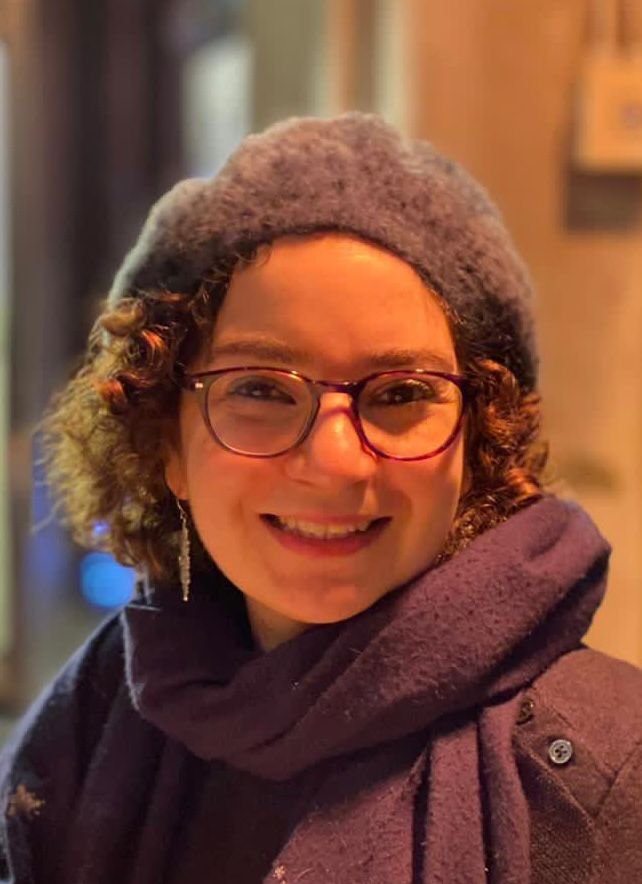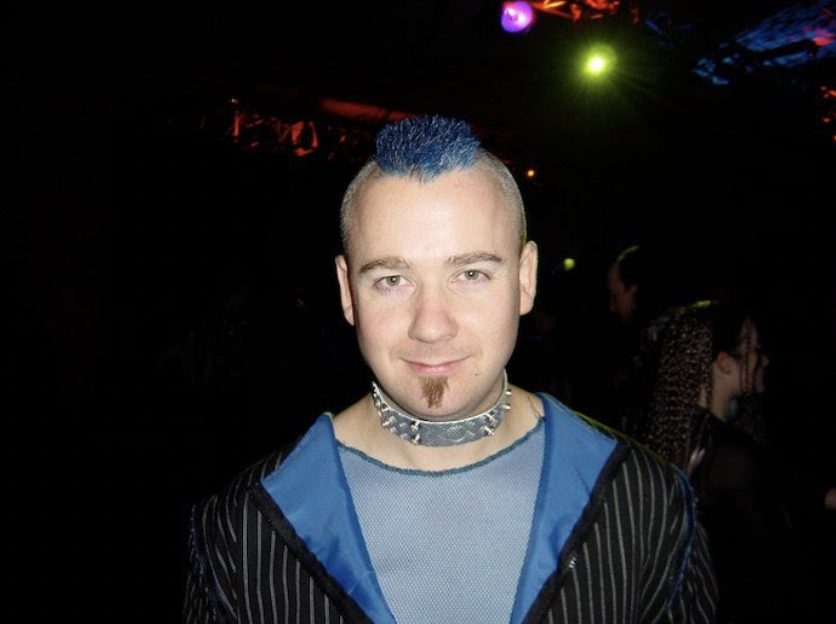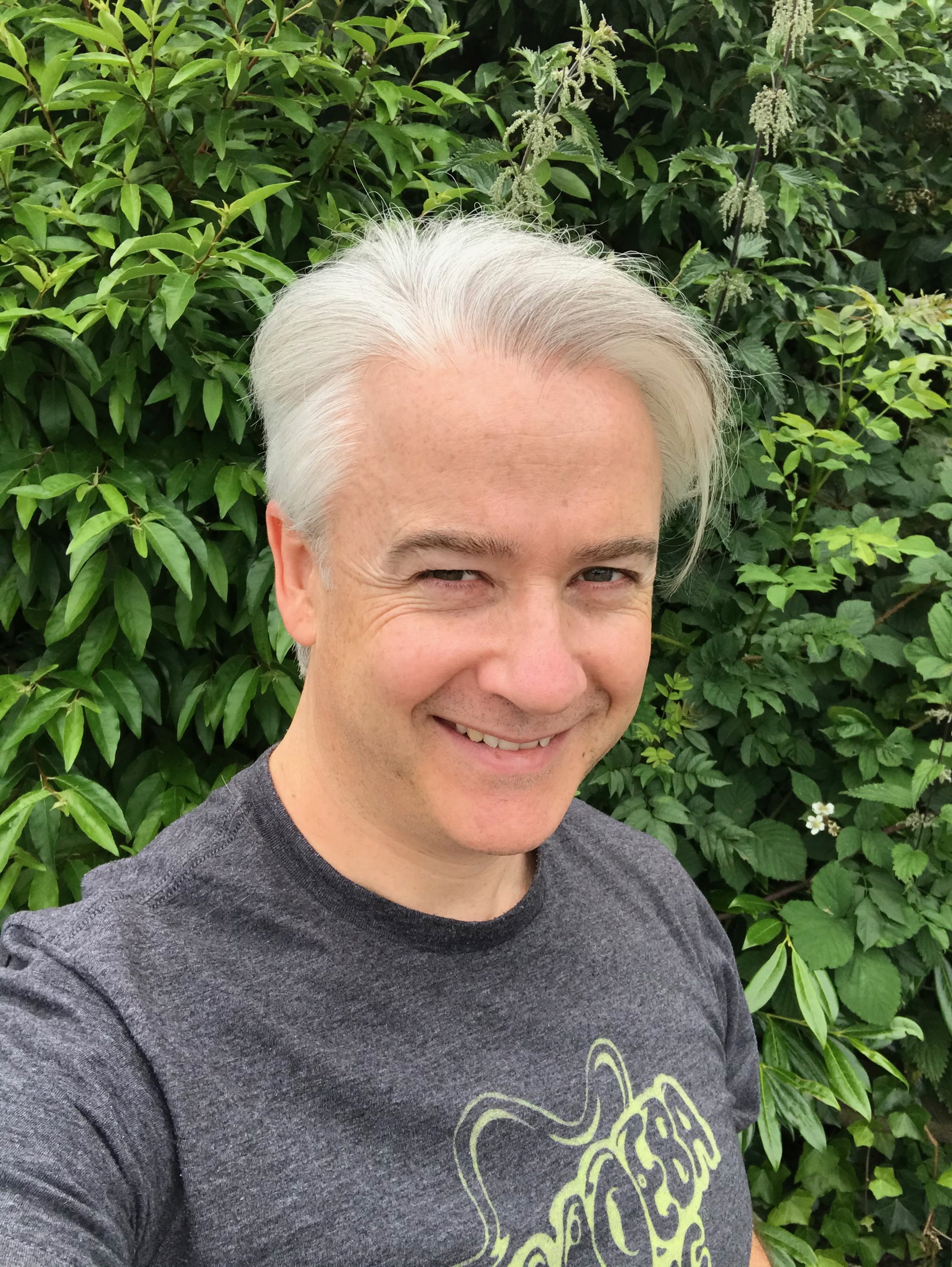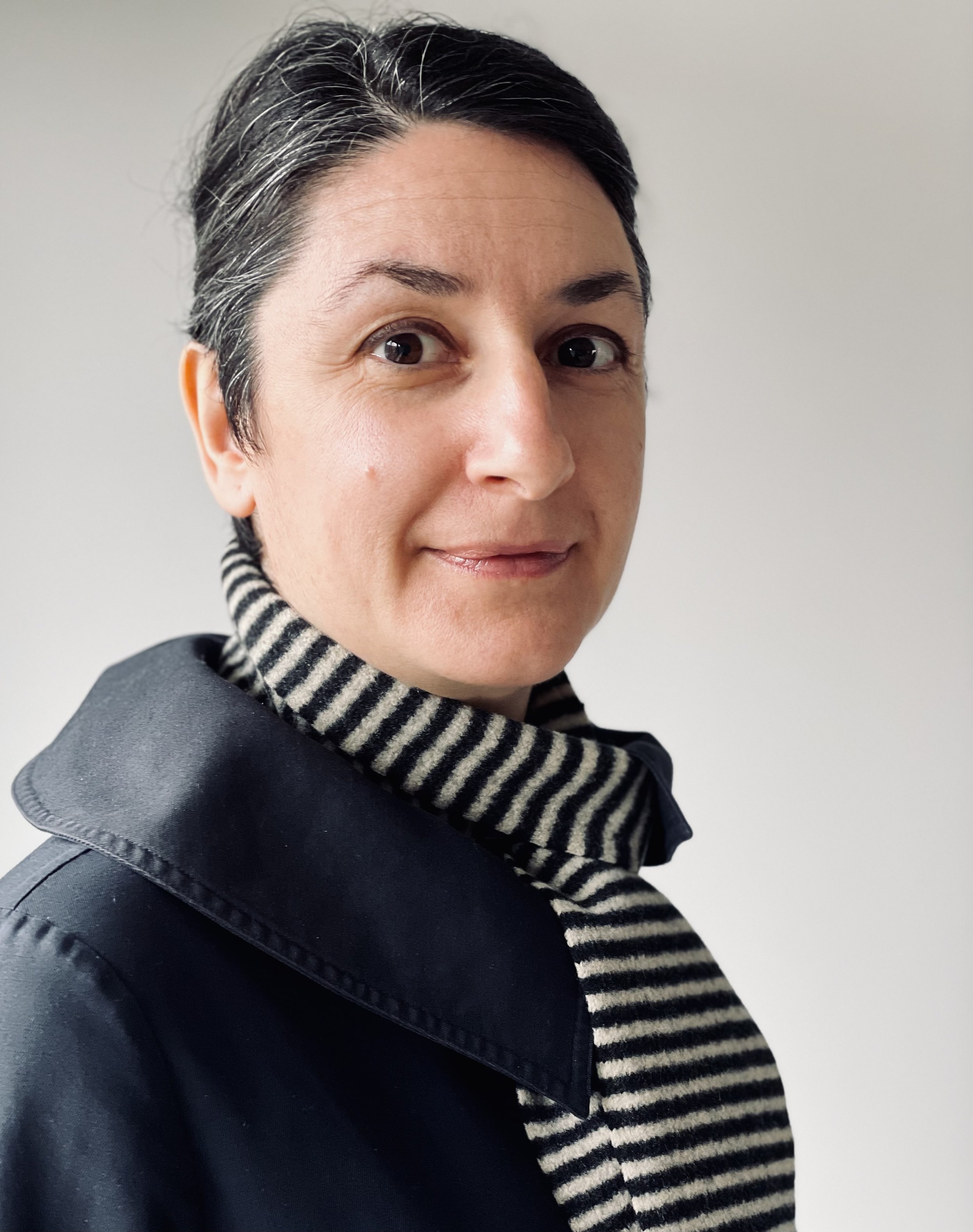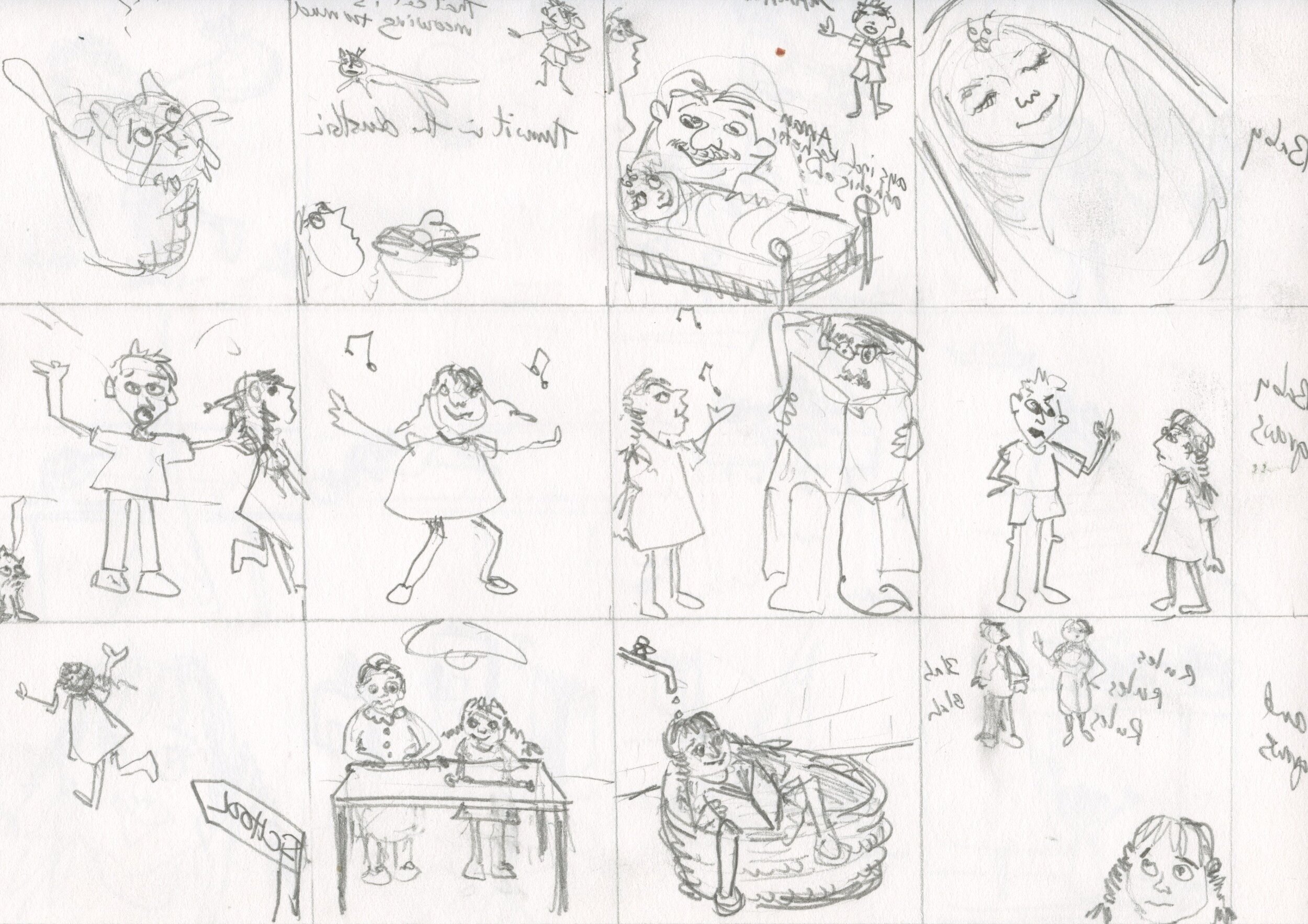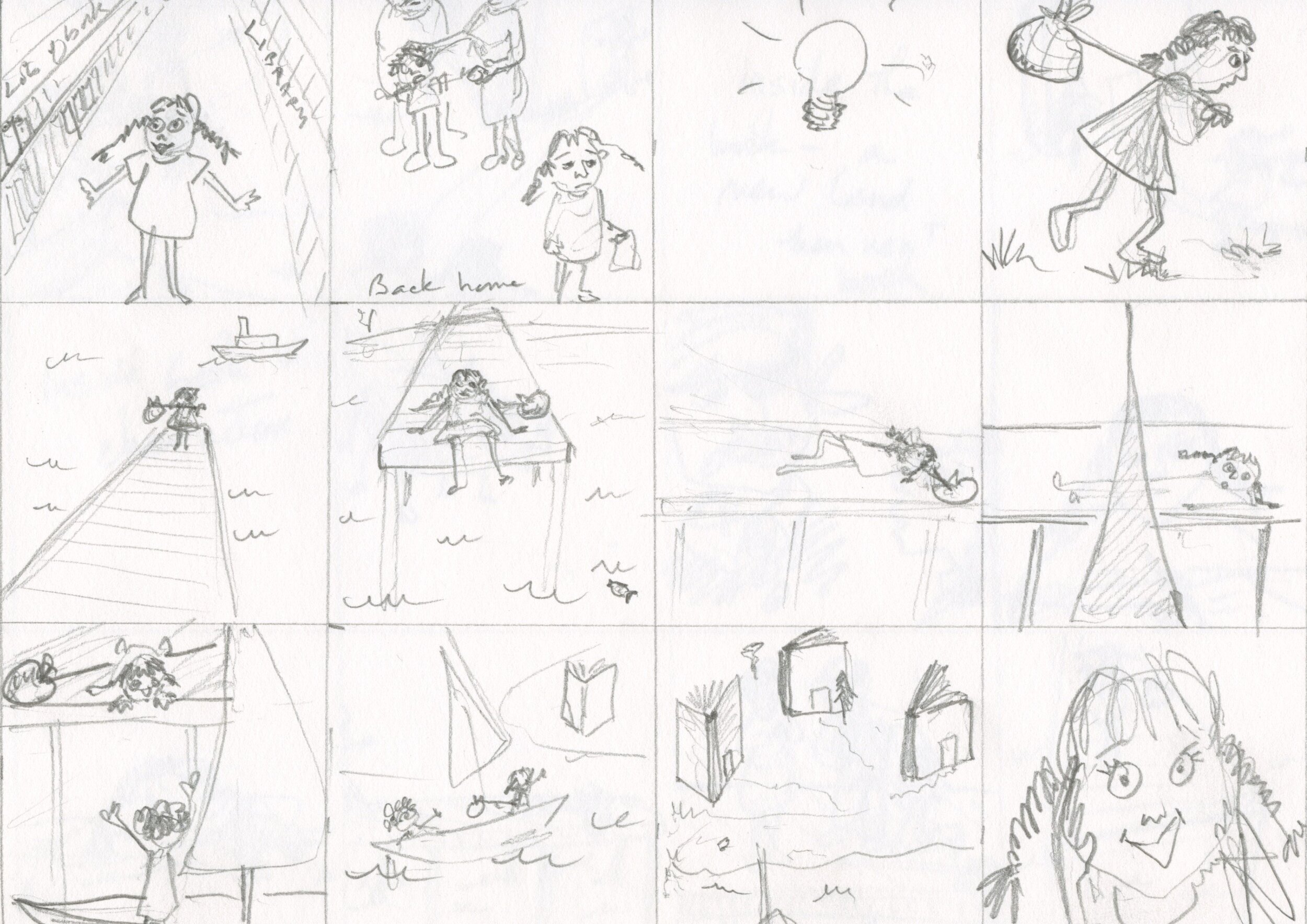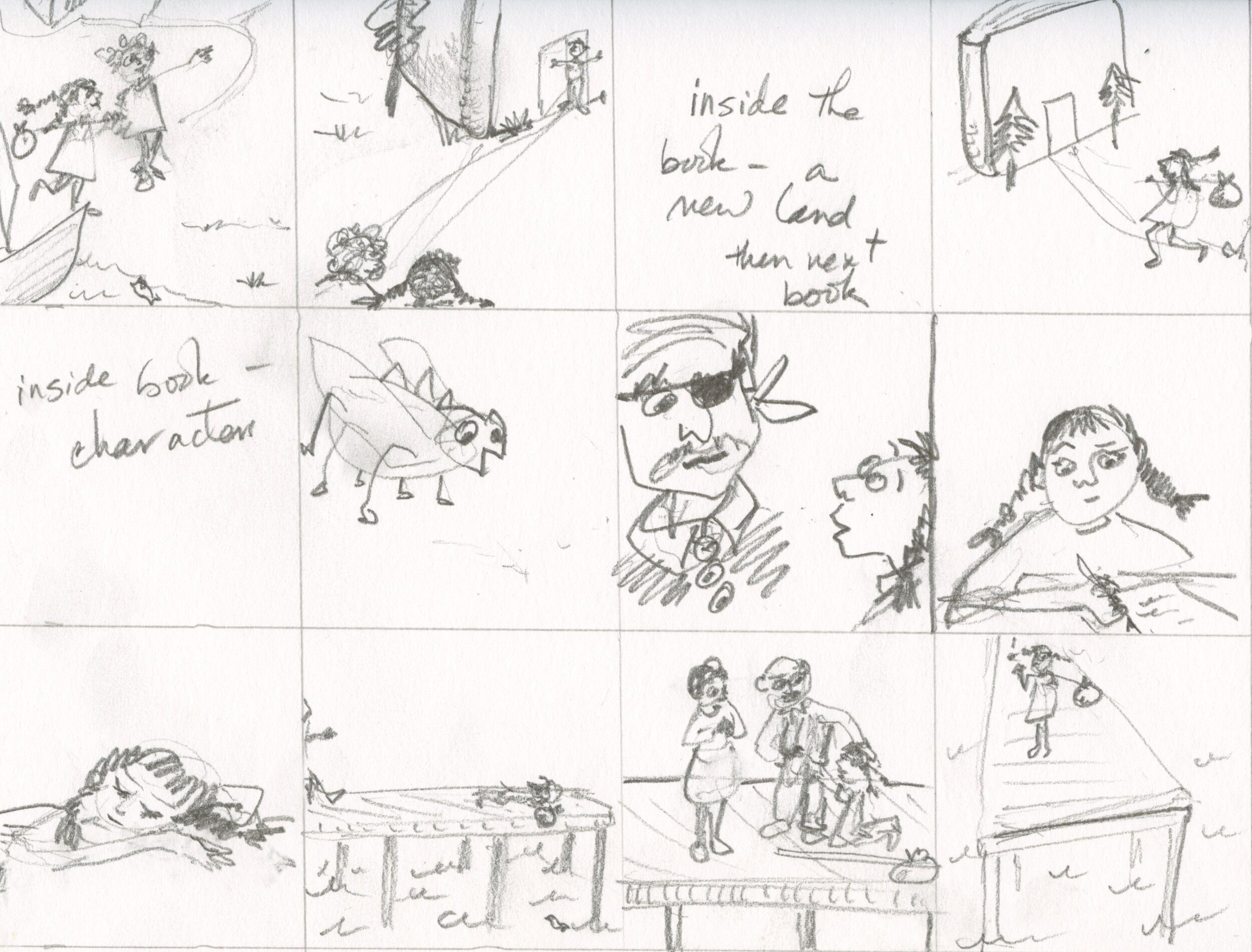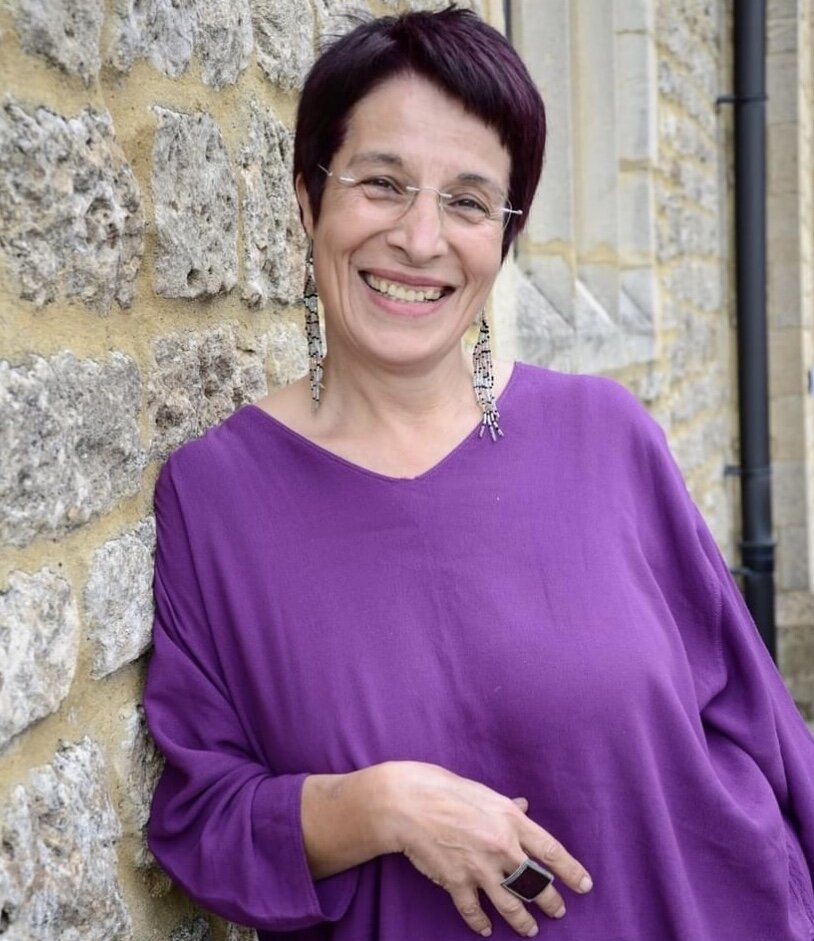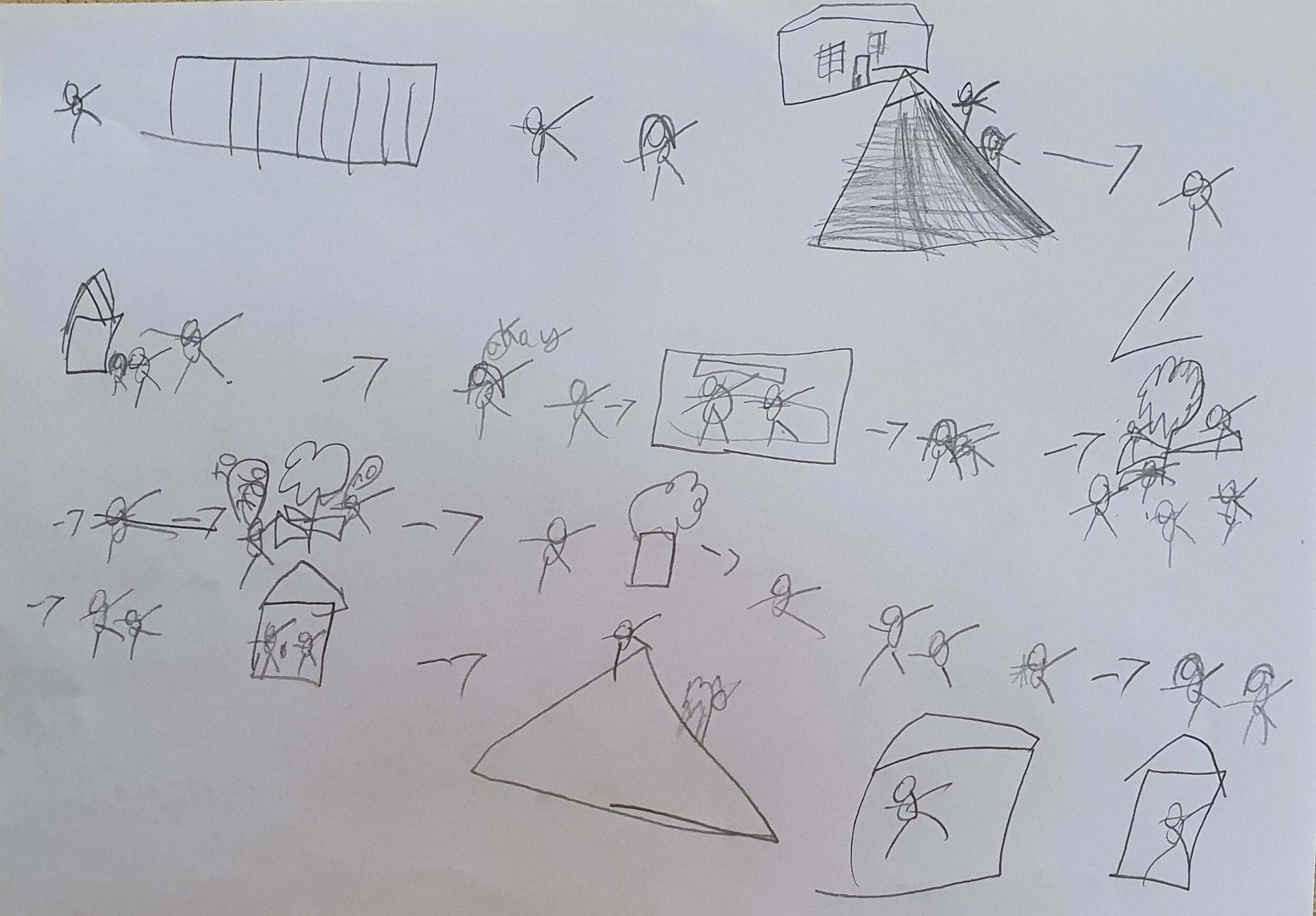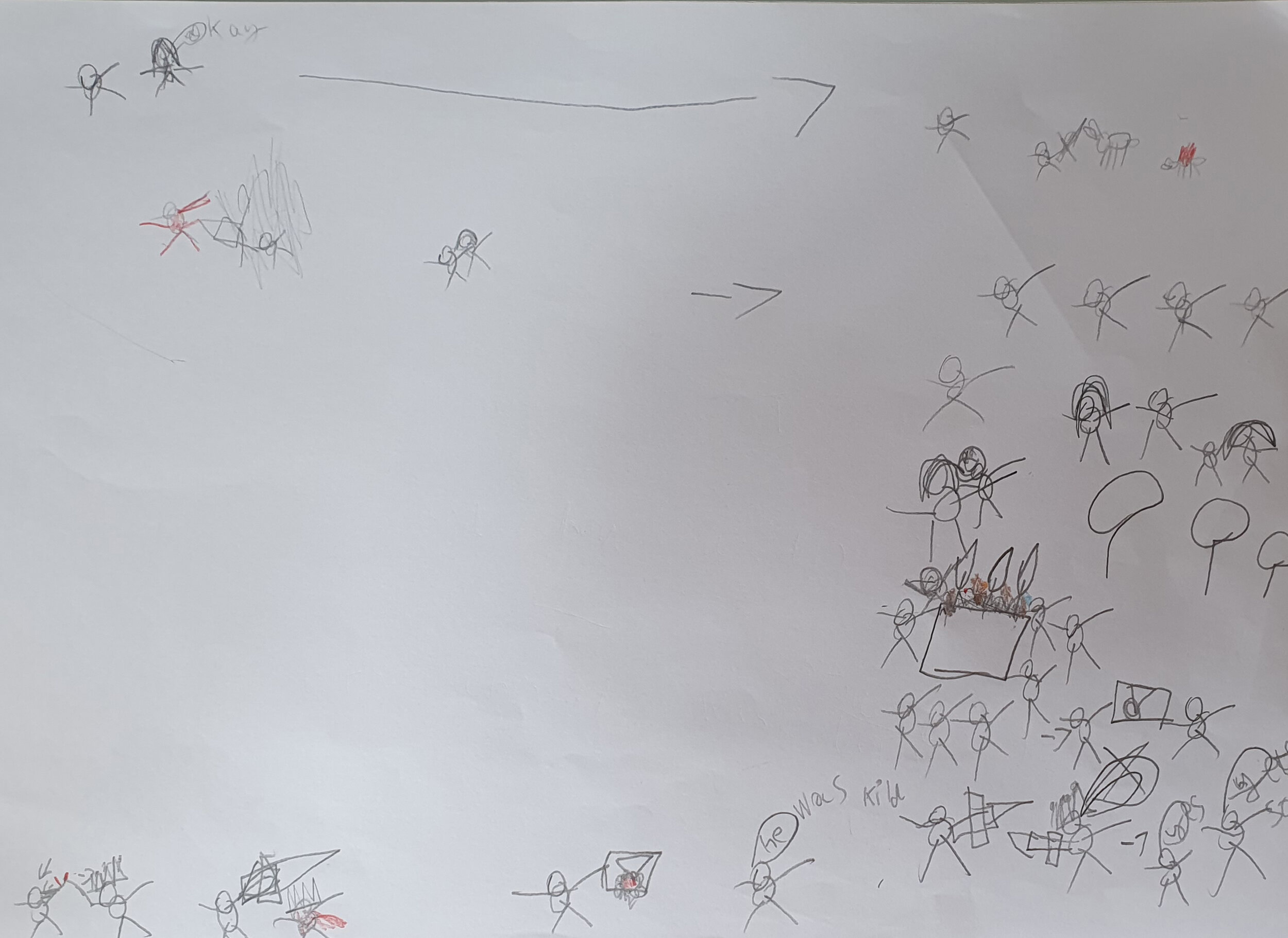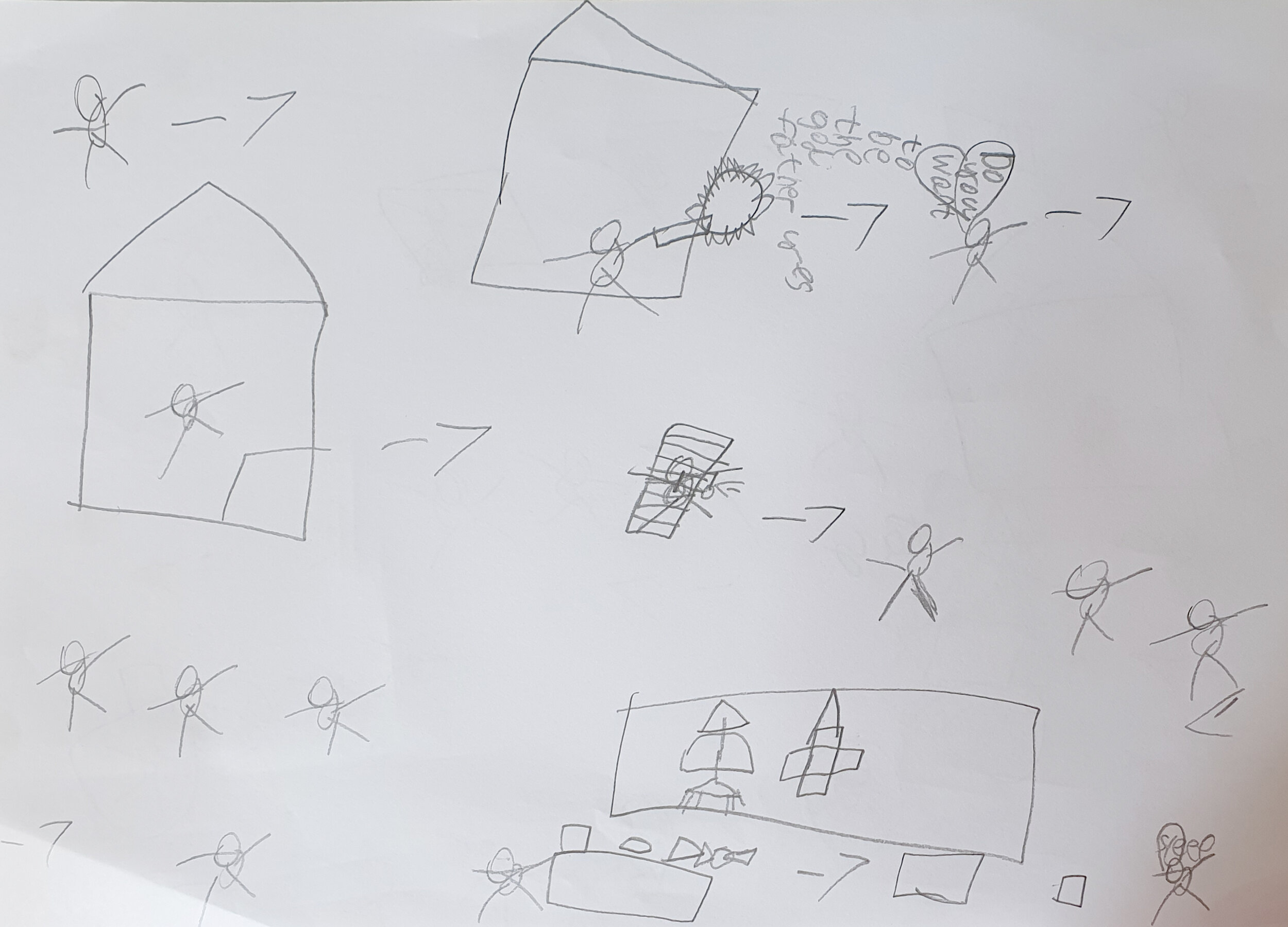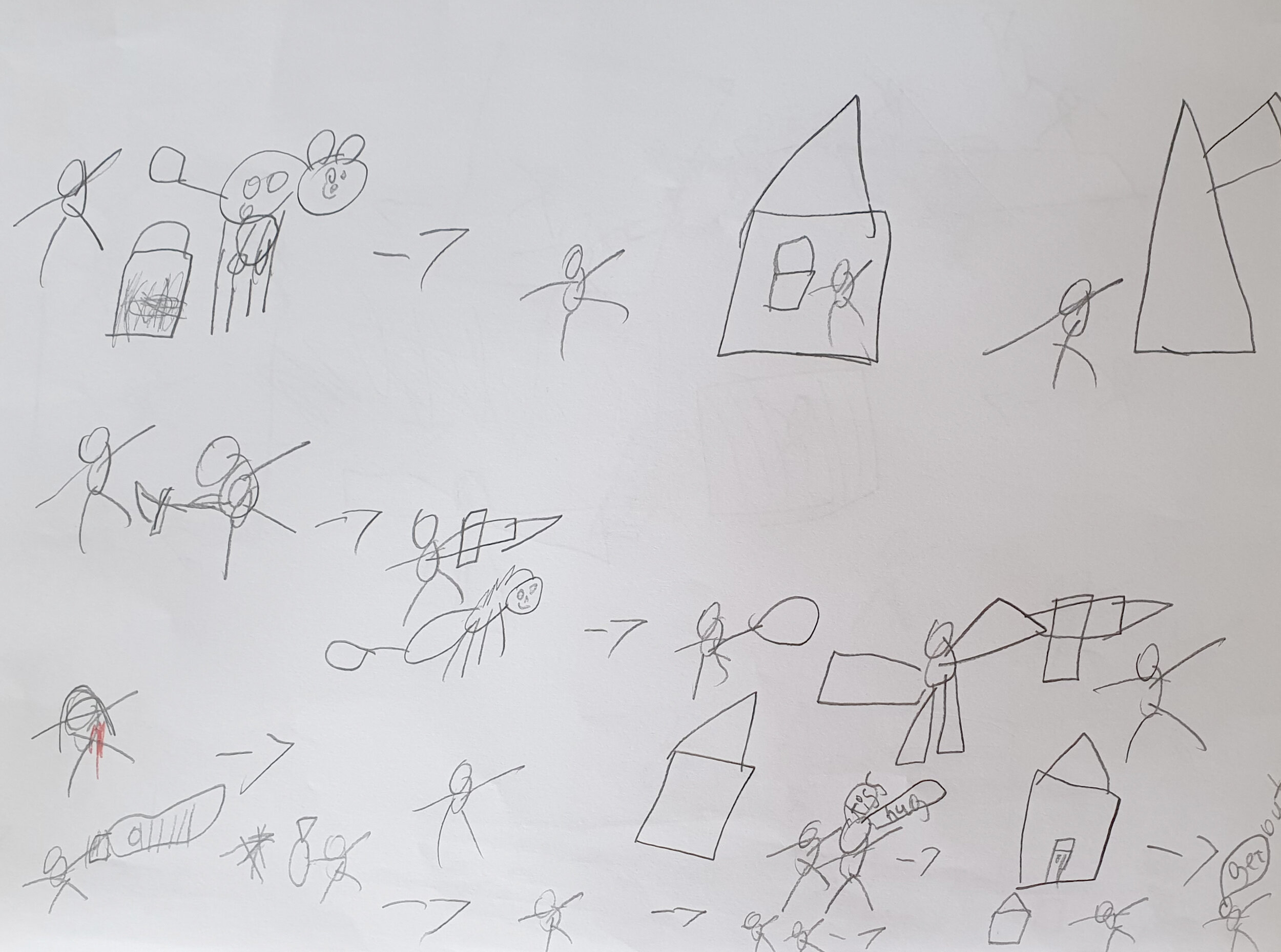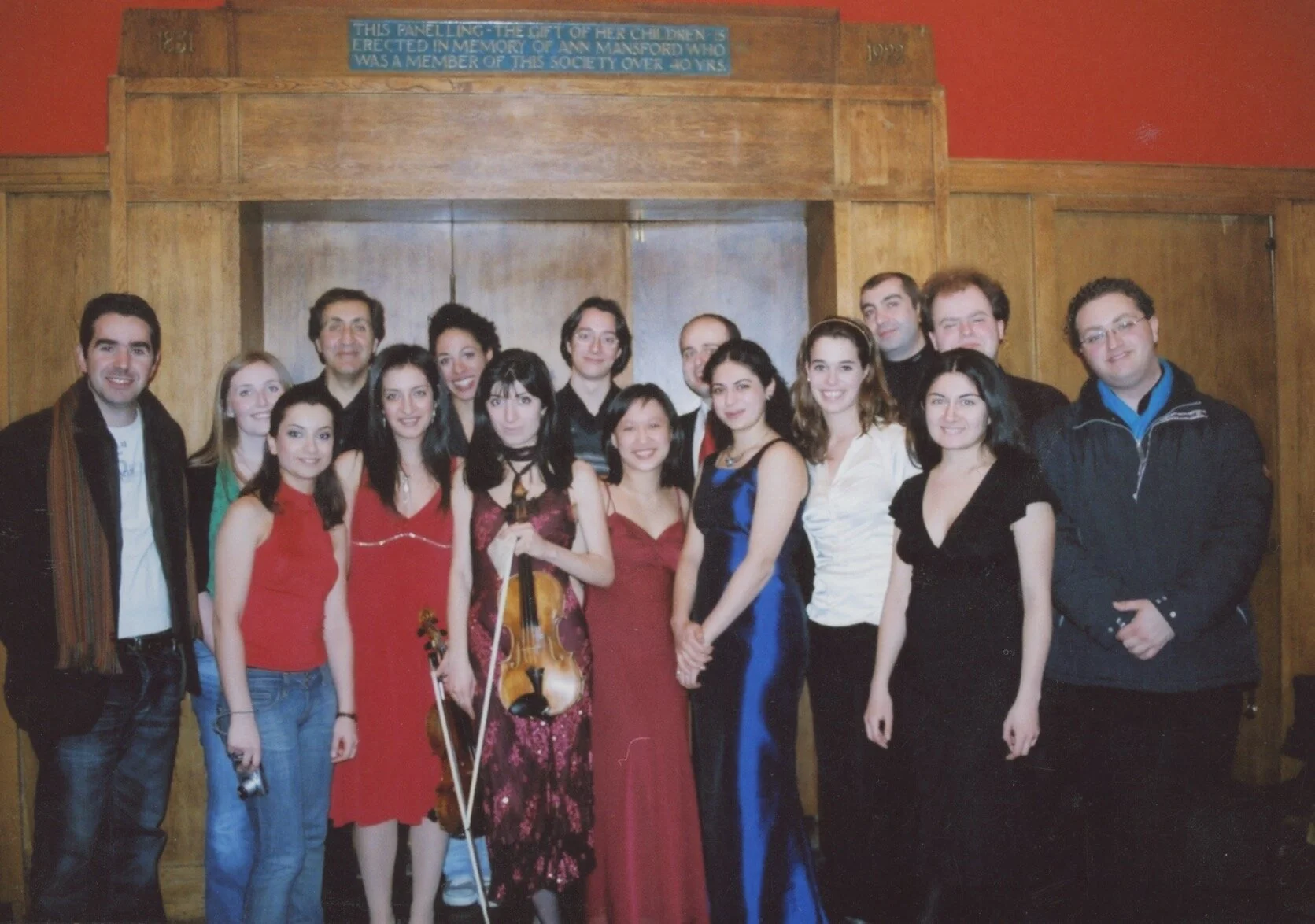Moments in time that last a lifetime
By Tatiana Der Avedissian, Chair of the Trustees at the Armenian Institute
Ruth Keshishian, photo supplied by Susan Pattie.
Books are magical; the right ones take you on journeys into an unknown world or the deepest depths of your imagination. What if there was a bookshop that offered such a haven? A library of sorts to escape the madness while hoping to find the answers to those existential questions inside the many books the bookshop stocked. What could be more fun than spending time revisiting your favourite authors, discovering new ones, exploring old archives or finding books no longer in print, whether they be fictional, historical, biographical, cultural or other- a treasure trove of books all curated by a woman who lived for them. That woman was Ruth Keshishian. She ran my favourite bookshop for as long as I can remember, the Moufflon Bookshop. A modest-looking shop in the heart of Nicosia, housing an incredible collection of books, possibly thousands of them and run by an equally unassuming lady. I would tell her and whoever would listen that I considered her the smartest Armenian woman I'd ever encountered. She'd laugh it off, but I am convinced she was and is.
Book lovers and researchers from around the world would visit, and we would all spend longer than we anticipated inside the shop as we scoured through the many bookshelves and table displays while chatting to Ruth about anything and everything. Authors would consult her, and publishers would seek her support; she was always willing to help. Despite having excess stock, she would embrace any charitable cause and would offer to stock books published by charities in her shop. Alkionides UK's cookbooks, the Armenian Institute's (AI) new edition of 'I Ask You, Ladies and Gentlemen' by Leon Surmelian, 'Who are the Armenians' and many other organisations' published works.
We would talk about politics, history, the arts, society, how to revive the once vibrant Armenian culture in Cyprus, the environment and everything in between.
Championing me from afar, she followed my career and charitable endeavours, always sending me notes of encouragement. And even though she wasn't based in London, she truly believed in AI's vision; it mirrored what she wanted done in Cyprus. She was full of wonderful ideas on how to do it too. We turned some of them into a reality a few times - we weren't just musing; we acted too. Ruth was unique. A woman carrying the world's knowledge on her back and wanting to share it with anyone that was interested. She was kind, warm, passionate, measured, a voice of reason - and a lot of fun to be around. Last summer we talked about a new project idea, which alas we never got to develop, but I will now, with the help of some of our friends.
Ruth sadly left us for other plains, and while we mourn the loss of one of the great ones, I will celebrate and embrace her legacy. I will remember our discussions fondly and consider her words of wisdom as I make my way through this world.
When they leave us, it's not the grand gestures that stay with us, but those small moments and encounters that leave a lasting impression on us. She lives on through every person's life she touched - what a wonder, what a woman.
The Books of Ruth
By Susan Pattie, Co-founder of the Armenian Institute
Event in Cyprus, 2017, photo supplied by Tatiana Der Avedissian.
There is so much to say about our Ruth. As many have noted, she was a walking encyclopedia of all things and ages Cypriot. She was a wise counselor, whatever the subject or experience. Her interests were global, wide-ranging, always focused on the people affected at the heart of any issue. But the first word that comes to mind when thinking of Ruth is generosity. Generosity of spirit, generosity in deep, long friendships, and every-day generosity with constant gifts that always reflected her perception of the lucky recipient – something they would treasure and enjoy. And the second word is joy -- note the magnificent smile on so many photos. Ruth truly knew how to appreciate life, friends and family ---- and books.
Her curiosity about the world took her to many places in earlier years but once in Cyprus again, taking over the beloved Moufflon Bookshop, she created a new sphere where arts and intellectual interests came together in profound ways. Much of this was thanks to her own presence there, ready to answer, discuss possible answers, urging the visitor to move on to important questions. Ruth combined her formidable intellect and love of varied artistic forms by encouraging others, most notably, initiating an annual Artists’ Books exhibition. Her love of these “altered books” shone through the exhibitions, ongoing between 1995 and 2020. She sought out and encouraged artists to exhibit new visions of text and image, shown in the Moufflon and other venues around Nicosia.
From left to right, Vasken Tavitian, Ruth Keshishian and Richard Anooshian (trustee at our Institute). Photo supplied by Vasken Tavitian.
Many now writing about Ruth have noted her Protestant heritage. This too was intertwined with books and learning, dating back to her education in English-language schools in Cyprus, supplemented by weekend lessons for Armenians. She remembered feeling a disjuncture as she loved Armenian poetry, music, literature, language but missed the discussions, questioning and exploring that were fundamental to her experience of the English educational system as well as her own Protestant-informed home life. She became a person at home in many worlds, combining them in her unique way – and perhaps because of this, able to relate to so many people from different backgrounds.
At the Armenian Institute, we were in constant touch with Ruth. She sold our books, showcasing Who Are the Armenians (including the Turkish version, Kim Bu Ermeniler?), Treasured Objects, and I Ask You Ladies and Gentlemen (Surmelian). She bought remaindered books from AI and donated important volumes to the library. Always ready to discuss ideas, recommend books, and encourage us to begin our own exhibitions of Artists’ Books, Ruth was part of our team. Ruth is irreplaceable, but we must find meaningful ways to continue her legacy.
Ruth Keshishian: the modest polymath
By Nouritza Matossian, Co-founder of the Armenian Institute. Originally published at the Cyprus Mail on the 10th of August.
Ruth (right) with Nouritza Matossian, photo supplied by the latter.
“Born April 26, 1944, died August 6, 2025
Ruth Keshishian’s heart beat to the polyrhythms of Cyprus and Armenia. Her brilliant mind encompassed different disciplines and structures driven by her thirst for knowledge and truth.
She was the singular expert on ancient, mediaeval and modern history, geography, geology, flora and fauna, ethnography, politics, architecture, art, literature and oral poetry of the island. The width and depth of her insights brought scholars and students, travellers and diplomats, local teachers, book lovers and politicians through her door, again and again. Ruth’s warm smile, perfect articulation and kindness endeared her. “

